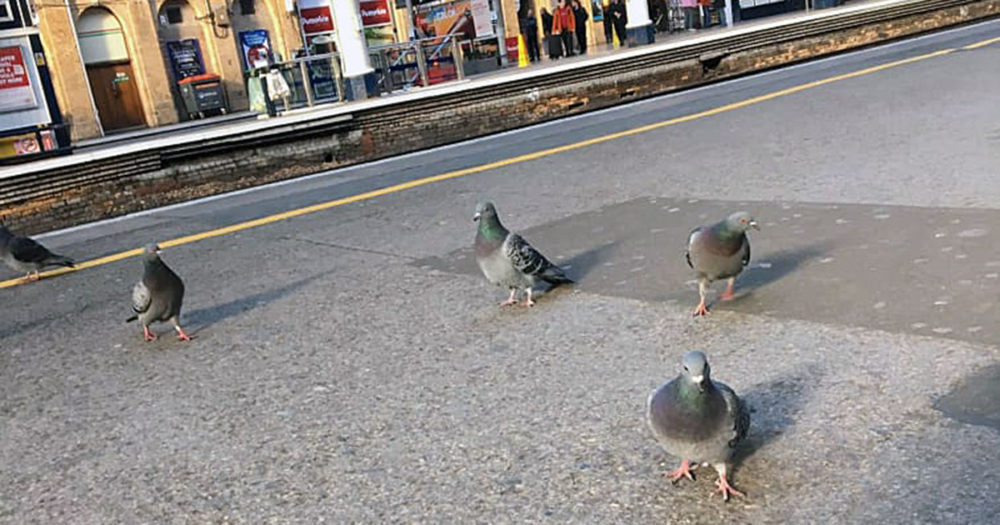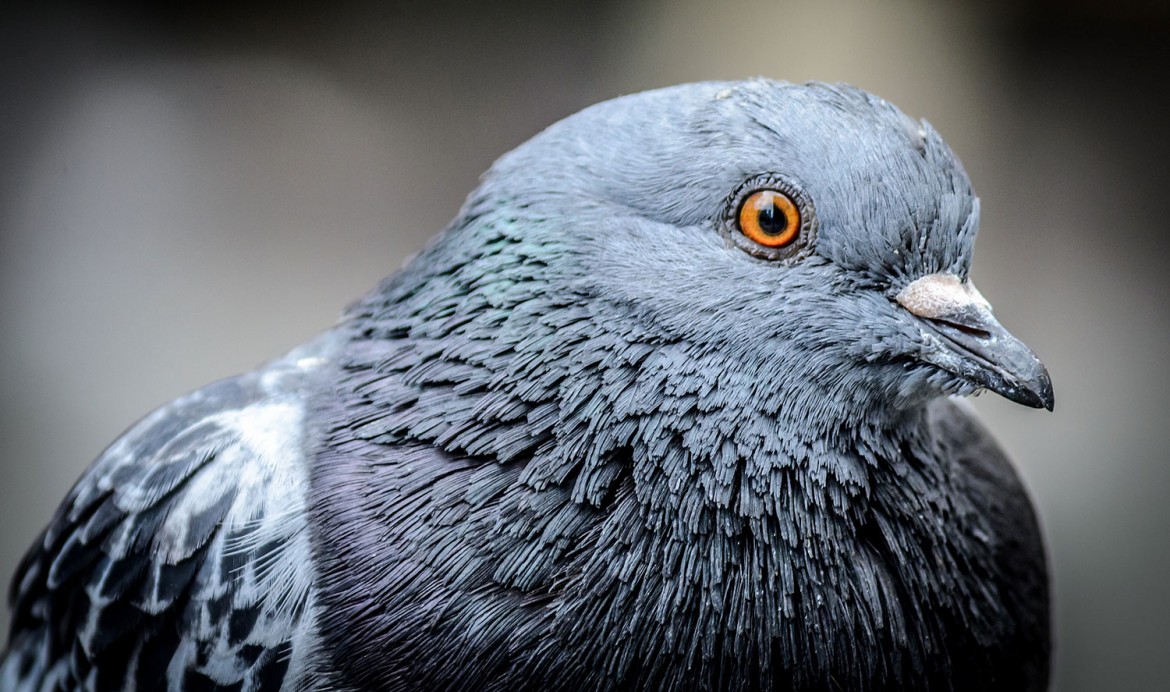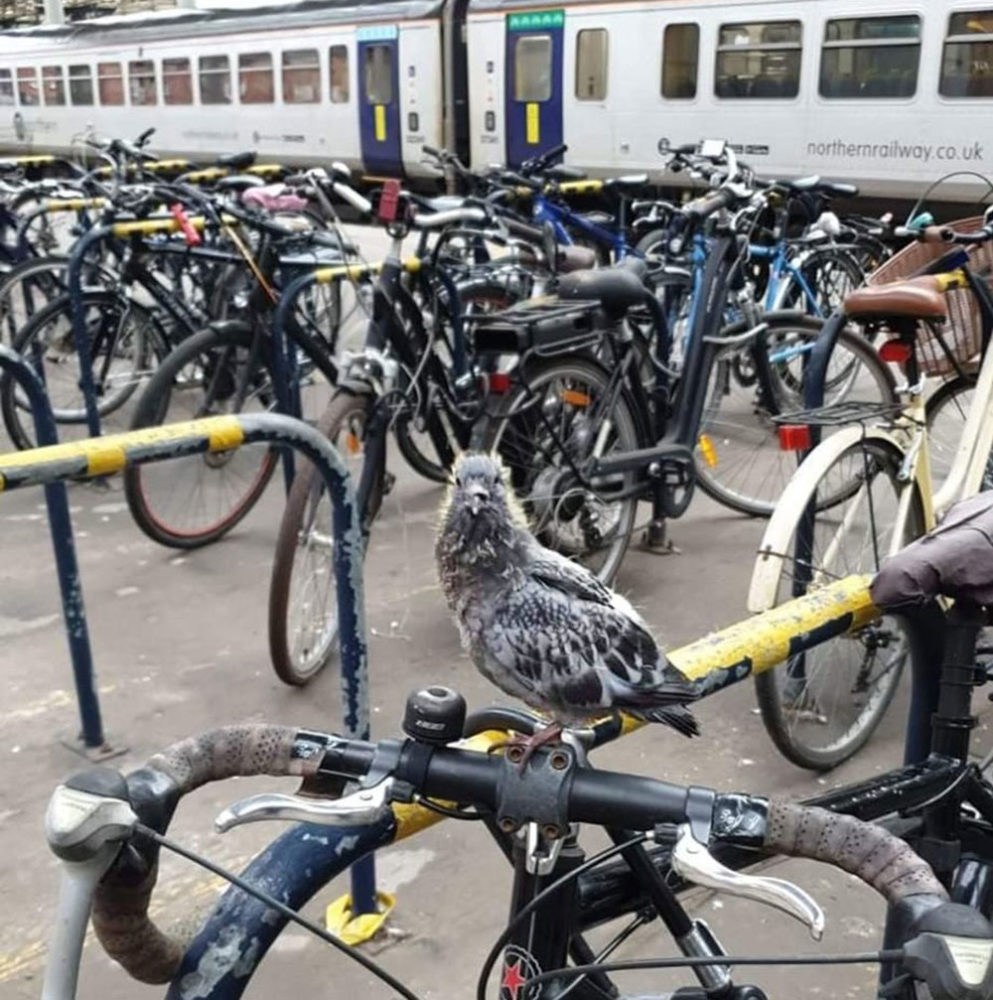A York train operator says it will look at an alternative method to control pigeons at the station, rather than shooting them.
LNER, which runs the station, told York Stringfoot Pigeon Rescue it would consider providing an artificial nesting site instead.
Pigeons can cause many problems at the station, fouling the platforms and getting in the way of operations.
[tptn_list limit=3 daily=1 hour_range=1]
Sometimes LNER calls in pest control to shoot them, something that York Stringfoot Pigeon Rescue has campaigned to stop.
Samantha Crick, from the rescue group told YorkMix Radio: “I have some wonderful news to share with you all!
“LNER is happy to push ahead with an artificial nesting site at the station.

“How amazing is this! It’s not 100% set to go ahead as they need as they need to find land outside the station, but it’s a massive step forward in this campaign.”
She said York Station would trial the use of artificial nesting sites. “If we can make a success of this as a way of managing the the pigeon population, it has the potential to be rolled out to other LNER stations nationally.
“It’s going to be a challenge but I know it’s one we can succeed at.”
Sustainable solution

According to the Pigeon Control Resource Centre, this can be an effective and humane method of control. “The principle of this method of control is to provide an artificial breeding facility in which pigeons are encouraged to roost and breed and from which newly laid eggs are removed and substituted with dummy eggs,” it says.
Samantha thanked LNER for taking the time to look in to the issue “and for their willingness to work with us to try and end the culling of pigeons”.
[adrotate group=”3″]
An LNER spokesperson said: “In collaboration with local advocates, we are looking at how an artificial breeding facility near York Station could provide a more sustainable way of managing public and staff safety issues caused by pigeons in the station.
“Discussions are at an early stage, but we hope to progress this in due course, taking into account the views of interested parties. Safety remains our number one priority.
“We continue to ask people to not feed the birds, as reducing available food has been critical in avoiding the use of more severe measures in recent months while still ensuring a safe environment for our customers and colleagues.”
